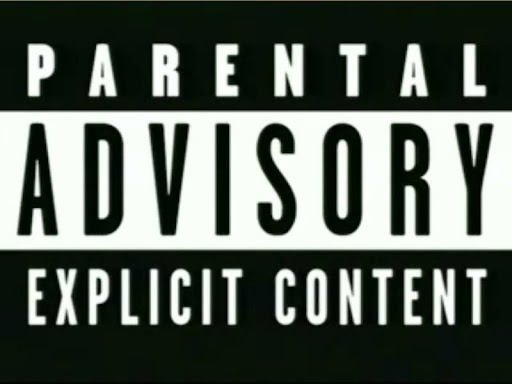~Robert M. Hutchins
 Long ago, I remember sitting in an interview for medical school and the interviewer asked me, "what do I want to do?" A typical question that most applicants get. I had already decided on orthopaedic surgery as a specialty, but I still had the idealistic views that I could make a difference. My answer was like so many others who said in some way, shape, or form that they wanted to help the "world." This idealistic views do change as time goes by
Long ago, I remember sitting in an interview for medical school and the interviewer asked me, "what do I want to do?" A typical question that most applicants get. I had already decided on orthopaedic surgery as a specialty, but I still had the idealistic views that I could make a difference. My answer was like so many others who said in some way, shape, or form that they wanted to help the "world." This idealistic views do change as time goes by  and we realize that this is a business and that money makes the world go around. In medical school, especially at an academic powerhouse, no one ever talks about the financial side of medicine. It is money that fuels the machine and without it the machine does not run. So, why is it that there is such a lack of training on the business end of medicine?
and we realize that this is a business and that money makes the world go around. In medical school, especially at an academic powerhouse, no one ever talks about the financial side of medicine. It is money that fuels the machine and without it the machine does not run. So, why is it that there is such a lack of training on the business end of medicine?I began to write this post about a month ago and Howard J Luks, MD posted before I could complete the thought. He raises the same question that I have. When is it that we talk about business? (which really means talking about money)
No question that our students are well trained in the science of medicine. Unfortunately, very few students prove to be well trained in the business of medicine. Many students are even embarrassed to ask questions pertaining to the business of medicine because they are afraid they will betray their idealistic or altruistic beliefs that made them commit to a career in medicine in the first place. What do I mean? A student who recently rotated with me felt she could not discuss the business aspects of a career in medicine with her professors or colleagues in fear that she will appear to be cold or unfeeling. I had a student rotating on my service recently who wanted to go into Cardiothoracic surgery because it was "really cool." He had no idea how much their reimbursement has been cut. He had no idea that their case load has diminished dramatically over the years and he had no idea that true cardiac centers were performing some "pretty cool" new cardiac procedures. Some women are afraid of a career in ortho because they are petite. Some think that a pediatrician makes 300-400k per year.
I must say that I feel we owe the students much more than a book based education about the science of medicine. They need to know about what a career in medicine entails. They need to know about some of the hardships we are experiencing now and some that we are afraid may materialize. They need to know about EMRs, P4P, reimbursement changes, and the people/organizations behind the push to change the way that medicine will be practiced in the near future. LEAPFROG, PROMETHEUS, CMS, Payors, PBMs, EMRs, PHRs etc should be terms the students should be comfortable with. Otherwise they will plod through their residency, learn little more about the biz of medicine than they already do and then they will be thrust into a practice environment they have no idea how to navigate through.
The other week I was sneaking some brownies in the general surgery conference room and all 30 of the medical students where present (okay that was an exaggeration, there were only about 5, but it seemed like 30). I asked them if they wanted a lecture on something. I was in between cases and would be glad to teach a little. Of course they said no, but I forced myself on them anyway. I asked what their plans were etc.. Some how we got on the topic of coding. I informed them by CMS guidelines the medical student note means nothing. For billing purposes, we can not "link" to their note and bill. They seemed astonished.
 For about 20 minutes or so I went on about ICD-9 , E&M, and CPT codes. We discussed billing, overhead, and collections. We discussed what it means to "par" with insurance. I spoke to them about the differences in incomes between military, academic, employed, and private practice. I think I over loaded them. But, I think it was a conversation that they needed to have.
For about 20 minutes or so I went on about ICD-9 , E&M, and CPT codes. We discussed billing, overhead, and collections. We discussed what it means to "par" with insurance. I spoke to them about the differences in incomes between military, academic, employed, and private practice. I think I over loaded them. But, I think it was a conversation that they needed to have.As Dr. Luks points out, many of those in medical school today do not get the training in business; yet, when they graduate medical school, they are asked to run a business. I hear so many medical students speak of the "salary" they will have when they are done. Unfortunately, in todays world, it is becoming more of an "eat what you kill" type of world. There is really no "salary" anymore. So, should the business side of medicine be taught? I would scream YES. The question then is when do we teach it? The information in medical school is already more than one can manage. Residency time (total hours) is decreasing yet the complexity is increasing. Where do we find the time? I wish I had the answer.











